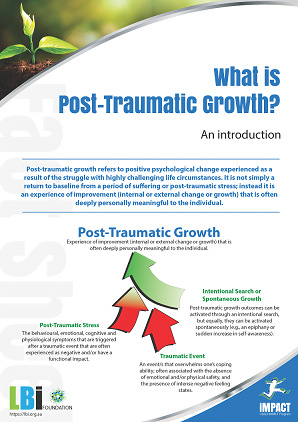Overview
This resource page is dedicated to helping you and your community understand and explore the concept of post-traumatic growth.
Definition
Post-Traumatic Stress
Post-traumatic stress refers to the broad set of reactions (e.g., physical, emotional, social, cognitive, spiritual, identity) that occurs in response to trauma or the result of highly challenging life circumstances or adverse experiences.
Post-Traumatic Growth
Post-traumatic growth refers to positive psychological change experienced as a result of the struggle with highly challenging life circumstances.
Post-traumatic growth is not simply a return to baseline from a period of suffering; instead it is an experience of improvement (internal or external change) that is often deeply and/or personally meaningful.
Based upon the literature, it is comprised of the following features.
- It can co-exist with negative psychological adjustment, post-traumatic stress symptoms or with post-traumatic stress disorder.
- It is not the absence of negative feelings or experiences.
- Not everyone achieves, nor brings an intent or desire to achieve, post-traumatic growth. That is ok.
- It can be an intent or aspiration one can bring to adversity, or something one finds spontaneously.
- It does not need to be a goal that must be achieved to have positive post-trauma life outcomes.

Disentangling Post-Traumatic Growth
This video summarises key concepts of post-traumatic growth, as presented by Dr Ivan Raymond at the LBI Foundation Forum in November 2020.
Interested in Further Information
Speak to Your Local IMPACT Coach
Your local IMPACT Coach can provide you access to a practical factsheet on post-traumatic growth. For IMPACT Coaches, to access this online factsheet, click here and then log-in.

Get in Contact With Us
We offer partner communities brief workshops on the relationship between post-traumatic stress and post-traumatic growth, and how to activate post-traumatic growth outcomes for self and others.







